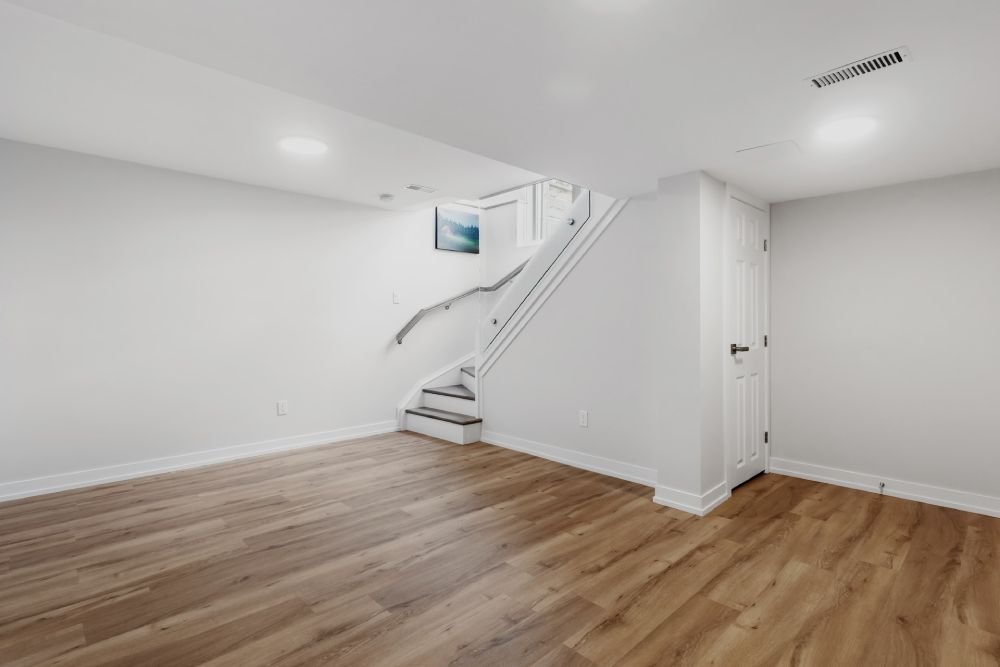DIY vs Professional: When to Tackle Basement Waterproofing Yourself and When to Seek Expert Help
There are a lot of DIY projects that homeowners can tackle on their own. However, some jobs require expert assistance. Basement waterproofing is one of them.
A damp basement can ruin personal belongings and cause health issues. It can also lead to costly repairs. But how do you know if you need basement waterproofing?
Contents
Detecting Water Leaks
There are many ways water can get into your basement. One of the most common is through the foundation. You can tell this is happening by noticing water stains on your basement floor. You may also see cracks on the basement wall. If you notice any of these signs, call a professional. They will know how to identify the source of the leak and recommend a lasting solution for your home.
Some homeowners try to solve the problem by adding a sealant layer over the concrete foundation wall. However, this only fixes the surface of the basement and doesn’t resolve the underlying cause. The best basement waterproofing in New Jersey contractors can dig up the soil around the basement foundation and install a drainage system.
Damp and mold can ruin personal items stored in the basement and cause health problems. They can even damage the walls and foundation of the house, necessitating the services of a Mold Remediation company to restore affected areas and prevent further damage. These signs are a clear indication that you need to waterproof your basement. If you can’t see mold or damp areas, you can still rely on that musty smell to identify the problem.
Identifying the Source of Water
It is most likely due to groundwater seepage if you’ve spotted water pooling around your home’s foundation or where the basement walls meet the floor. The water enters the home through hydrostatic pressure, which pushes against the basement walls and causes them to crack over time.
A basement waterproofing expert can identify the water source and take steps to fix it. For example, they may suggest installing gutter systems and French drains to divert surface water from your home. They also recommend regrading the area near your foundation or adding different soil types to reduce moisture buildup.
In addition to finding the source of the leaks, a professional will address other factors that could contribute to them, such as paint or efflorescence on basement walls. These substances can make it difficult for the sealer to adhere and must be removed before the concrete is sealed. In many cases, it is recommended that the gutter system be upgraded to a sump pump and that the yard be regraded so water flows away from the house rather than toward it.
Installing Drainage Systems
Many assume that a basement leak can be solved with sealants or epoxies purchased at a hardware store. Unfortunately, these quick fixes rarely do more than slow down the problem. Water still finds another way in, eventually leading to severe problems that can cost a homeowner thousands of dollars in repairs and reduce the home’s value when it comes time to sell.
A professional basement waterproofing contractor will identify the cause of the problem and recommend a permanent solution. This is one of a professional’s most significant advantages over DIY options. The contractor will work with hindsight so they will be able to find and fix additional issues that the average homeowner could have missed.
If your basement is experiencing puddles or mold growth, this can be a sign of groundwater entering through the foundation floor or from cracks in the walls.
In many cases, sump pump drainage is often an effective way to manage excess water, preventing it from accumulating and causing long-term structural issues.
Adding interior drains can address this issue but will require excavation of the soil and trenches. Depending on the size of the problem, this can add a day or two to the project’s overall cost.
Applying Waterproofing Materials
Waterproofing isn’t just about fixing cracks in a basement wall. It’s about preserving your home’s integrity, safety, and value. It requires professional-grade products and a keen eye for detail that the average homeowner doesn’t have.
If your home’s foundation is old and crumbling or has a wet basement, a solution might involve installing interior drainage systems. These include baseboard channels that drain water toward a sump pump or train. Another option involves digging a trench and laying a waterproof membrane on the footer. Both these options require excavation, which is beyond the abilities of most DIYers.
If your home is newer and has no wet basement, you can add interior insulation to reduce humidity and prevent mold. You can also install a wall moisture barrier to help keep the surface of your walls dry. Many DIY homeowners are tempted to apply sealants and epoxy injections as a quick fix for a wet basement, but these are merely band-aid solutions that won’t last.
Cleaning Up After the Job
It’s essential to have the right equipment before tackling any cleanup. Wearing rubber gloves and safety goggles will help minimize your risk of injury as you remove contaminated materials. You should also turn off your electricity before working in a wet area.
Some homeowners attempt to solve the water problem by sealing cracks, caulking holes, or painting with waterproof paint. While these quick fixes may offer temporary relief, they will not address the underlying cause. If you are looking for a lasting solution, it is essential to hire a professional.
A contractor can recommend interior drainage methods, such as basement gutters or French drains, to address the underlying issue causing your basement to flood. Additionally, they can install a sump pump to address persistent flooding problems. They will also provide a warranty to give you peace of mind that they will resolve your basement leaks permanently.

